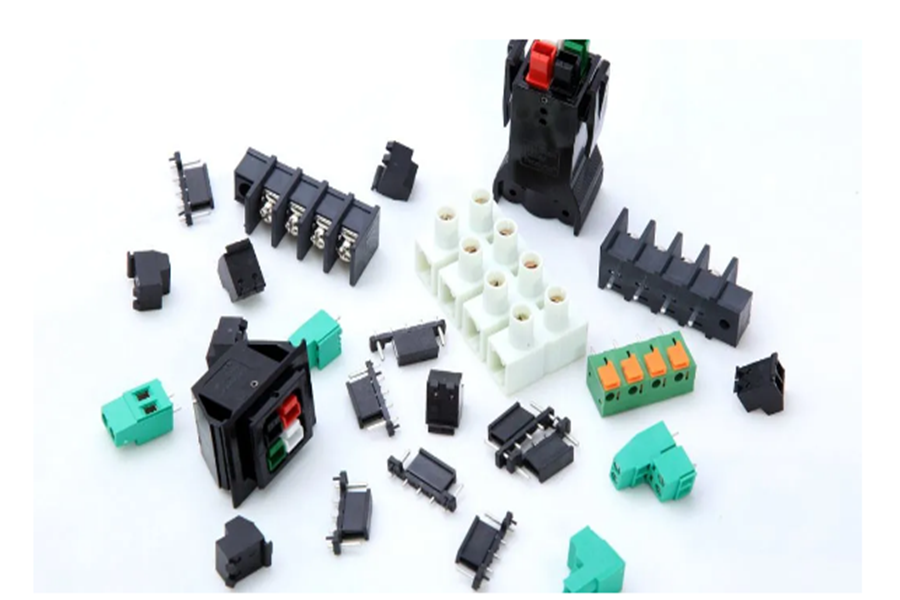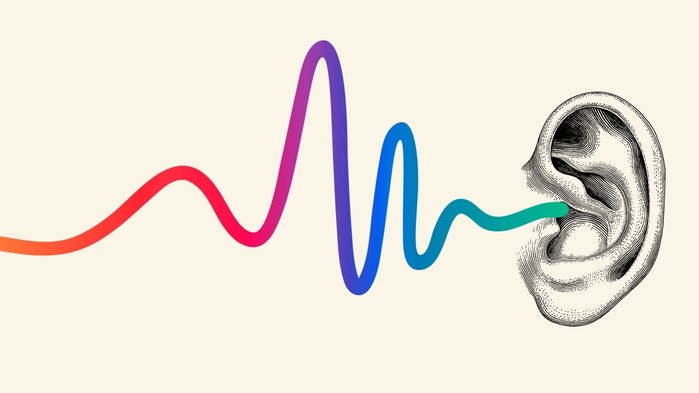

Case 1
Hearing screening showed that one ear did not pass and the hearing diagnosis was unilateral severe hearing loss. But this child is responsive to the sound. Therefore, some parents tend to ignore this result and even choose to give up hearing diagnosis and follow-up.
analysis
The main reason why parents make the above choices is the lack of awareness of relevant hearing knowledge and hearing screening, and the importance of hearing screening and the severity of unilateral hearing loss. According to a study in the United States, no matter how severe the child’s hearing loss is, children with unilateral hearing loss score lower in both the language comprehensive test and the verbal expression than the normal hearing child. And with age, this speech expression will be further highlighted if no interventions are taken.
Countermeasures
For children whose screening results show “unilateral failure”, parents must cooperate with further diagnosis to determine the cause of hearing loss, determine the type of hearing loss, and then follow up and early intervention (if accepted) under the guidance of a professional. Language training).
Case 2
The result shows that “low frequency is good, high frequency is not good”

Case
Some children did not pass the hearing screening, and the hearing diagnosis was a high-frequency hearing loss, which responded to low-frequency sounds. The result of this test corresponds to real life: the child only responds to some relatively low, thick sounds, but does not respond to some sharp, thin sounds. Parents who encounter this situation often do not think that their child’s hearing has problems, but think that this problem will fade as the child’s age increases.
analysis
Obviously, the child is suffering from hearing impairment. If no intervention is taken, as the age increases, the child will have problems such as unclear speech or lack of understanding of the other party’s speech. In addition, the parents mentioned in the case clearly lacked an understanding of relevant listening knowledge and a detailed observation of the child’s hearing development.
Countermeasures
Parents should implement early interventions under the guidance of professionals, wear hearing aids and receive language training.
Case 3
“passing” may also have hearing impairment

Case
Clinically, some children show “pass” when they are doing hearing screening, but the hearing level will fluctuate with the passage of time, and even obvious hearing impairment will occur.
analysis
At present, most of the hearing screening and automatic auditory brainstem response used in newborn hearing screening is a very effective hearing screening technique and method, but hearing testing should be a comprehensive evaluation process.
If the hearing screening otoacoustic emission shows “pass” and the automatic auditory brainstem response shows “failed”, the possibility of auditory neuropathy cannot be completely ruled out. If you simply use ear-acoustic emission for hearing screening, even if the test results show “pass”, you should be alert to the presence of neuropathy, because there may be a missed diagnosis of auditory neuropathy.
Studies have shown that in infants and young children with auditory neuropathy, the maximum output of auditory brainstem response is unresponsive, 60%-70% can record otoacoustic emissions, that is, otoacoustic emission screening can show “pass”.
Secondly, not all hereditary deafness occurs at birth, and some of them are deaf in childhood or even in adulthood. Therefore, some infants and young children who have passed the hearing screening have high risk factors for hearing impairment. If there is a family history of deafness, hypoxia at birth, jaundice, etc., such infants may have delayed hearing loss, and only early follow-up can be found.
Countermeasures
For newborns, especially those with high risk factors, even if they pass the screening, they should be combined with listening behavior observations. 3 is followed every 6 months. Do continuous audiology and medical observation, as well as monitoring of communication skills development. In order to early detection of possible hearing impairment in children.
Case 4
Failure to pass does not necessarily mean hearing impairment

Case
Clinically, some children showed that they failed after primary screening or even screening.
analysis
Newborn hearing screening failed, sometimes because the hearing screening equipment is sensitive, some external factors will affect the test results, not the newborn has real hearing problems, such as neonatal external auditory canal or middle ear secretions, check When the newborn is moving more vigorously, the newborn is unable to breathe due to nasal blockage, and the surrounding environment is noisy, which may lead to hearing screening of newborns.
Countermeasures
While waiting for rescreening and hearing diagnosis, parents don’t have to worry too much. The most important thing to pay attention to during this time is to avoid the cold and fever of the newborn and to reduce the nose block to reduce the chance of middle ear effusion. At the same time, for children with middle ear effusion, hearing loss may show hearing damage, but as the child’s age increases, the middle ear effusion will be absorbed or drained, then the child’s hearing will improve.
Therefore, it is necessary to carry out professional diagnosis for newborns who have failed to pass the hearing screening, and at the same time do a good follow-up work in order to take measures as soon as possible.
Case 5
Parents did not take early intervention after diagnosis

Case
In the clinic, parents will not take any interventions even if some newborns are confirmed to have hearing loss.
analysis
This is related to the concept of parents and the understanding of deafness. On the one hand, parents hope that with the increase of age, children’s hearing will be better. On the other hand, parents often cannot accept the reality that children wear hearing aids at a very young age. In the concept of parents, Children wearing hearing aids are not recognized by the society.
Therefore, some parents will choose to intervene after the child is older. At this time, the best intervention age is often missed.
Countermeasures
The promotion of the concept of prevention and treatment should be strengthened among parents to make parents aware of the importance of early detection and early intervention. Improve the level of parental awareness. On this basis, parents should also be psychologically counseled to help parents change their mindsets, because the psychological state of parents will directly affect their mental health and rehabilitation.
Jinghao medical hearing aid reminder: hearing aids need to be professionally “fitted”, it is very important to choose a professional hearing aid fitting center and hearing aid fittings! All patients and friends have any hearing problems can call the Jinghao medical consultation, or personally Come to the fitting center experience. Hearing aid free consultation phone: +86-752-2299187
You can also email us: Jinghao14@jinghao.cc for more information you want to know.
Link:Listening knowledge | Newborn hearing early prevention early attention
REF: Hearing Aids, Hearing aids China, Hearing Aids TypesThe article comes from the Internet. If there is any infringement, please contact service@jhhearingaids.com to delete it.






